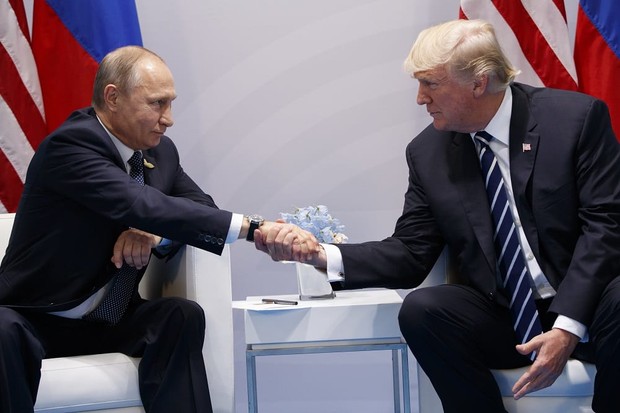
President Donald Trump shakes hands with Russian President Vladimir Putin at the G20 Summit, Friday, July 7, 2017, in Hamburg. (AP Photo/Evan Vucci)
Earlier in the week, the western alliance expelled something over 100 Russian intelligence operatives who were masquerading as diplomats in retaliation for the attempted assassination by nerve agent of a former Russian intelligence officer and his daughter in Britain. Sixty of those were expelled by the United States. Which is, to say the least, sort of a strange action for a guy who we have been assured was elected solely through the effort of Vladimir Putin and who we were solemnly told would not stand by our ally, Great Britain.
Since then there have been a couple of interesting articles. Via Reuters Before expulsions, a brick-by-brick hardening of U.S. stance toward Russia.
America’s most sweeping expulsion of Russian diplomats since the Cold War may have seemed like a dramatic escalation in Washington’s response to Moscow, but the groundwork for a more confrontational U.S. posture had been taking shape for months — in plain sight.
…
Trump’s critics sought to portray him as a reluctant actor in any get-tough approach to Russia, even though one senior administration official described him as involved “from the beginning” in the expulsions of Russian diplomats.
…
Although the nerve agent attack was the official trigger for the U.S. expulsions, Trump administration officials warned that the attack should not be viewed in isolation, citing a series of destabilizing and aggressive actions by Moscow.In Afghanistan, Trump’s top commander on the ground accused Russia again last week of arming Taliban militants.
On North Korea, Trump himself told Reuters in January that Russia was helping Pyongyang evade United Nations sanctions.
And less than two weeks ago, the Trump administration imposed the first sanctions against Russia for election meddling and cyber attacks, though it held off on punishing business magnates close to Putin.
U.S. officials and experts widely expect ties to further deteriorate, at least in the near term, and caution that Russia’s next steps could extend far beyond retaliation against American diplomats.
Via TIME, Despite the Apparent Bromance, Trump Has Been Tough on Russia.
We don’t yet know why Donald Trump seems so fond of Vladimir Putin. Maybe we never will. But the expulsion from the U.S. of 60 Russian diplomats and the shuttering of the Russian consulate in Seattle reminds us that the media obsession with the Trump-Putin bromance hides the reality that U.S. government policy remains as tough on Russia as it was under President Obama (and potentially would have been under Hillary Clinton).
Whoa. Just stop it. Obama was subservient to Putin. All the way from the “reset” to “more flexibility after the election” to standing idly by and watching the Russians try to meddle in the 2016 elections while paralyzed by fear of action. Obama was helpless against Russia because his foreign policy relied upon Russia’s cooperation in order to gain Iran’s cooperation. The Russians had so deeply compromised Clinton via their dealings with Bill Clinton’s speeches and the Clinton Foundation that she would have been unable to act against Russia.
Consider Ukraine. In December, the Trump Administration approved the export to Ukraine’s military of lethal weapons, including American-made Javelin antitank missiles, to help Kiev shore up its defense of eastern Ukraine against separatists backed by Moscow. Under Obama, the U.S. provided Ukraine with only support equipment and training. Trump also pushed for the U.S. to sell more coal to energy-strapped Ukraine, a boon for coal miners who supported Trump’s candidacy and also for Ukraine, which is now less vulnerable to any winter cutoff of energy supplies. In Syria, U.S. troops are present as much to limit Russian and Iranian influence on the country’s future as to fight the remnants of the Islamic State.
When Trump criticized NATO allies for not spending enough on defense, he was accused of encouraging Russia to test alliance resolve. Yet now NATO allies have taken steps to pay more, and NATO looks stronger than before. Not the outcome Putin wanted.
…
Four months ago, the Trump Administration leveled financial sanctions and travel restrictions against 50-plus individuals accused of corruption and human-rights abuses under both the Magnitsky Act (named for a Russian whistle-blower) and its international variant, the Global Magnitsky Act. Among those included on the sanctions lists were the son of Russian prosecutor general Yuri Chaika and Putin-backed strongman Ramzan Kadyrov, the President of Chechnya.
While Reuters attempts to explain things by bureaucracies acting on auto-pilot and TIME attributes to the Russia investigation and White House disarray, there is an anecdote from NBC that I think goes a long way towards explaining things:
President Donald Trump’s national security advisers spent months trying to convince him to sign off on a plan to supply new U.S. weapons to Ukraine to aid in the country’s fight against Russian-backed separatists, according to multiple senior administration officials.
Yet when the president finally authorized the major policy shift, he told his aides not to publicly tout his decision, officials said. Doing so, Trump argued, might agitate Russian President Vladimir Putin, according to the officials.
“He doesn’t want us to bring it up,” one White House official said. “It is not something he wants to talk about.”
…
Two officials said Trump told Putin during a phone call last week after Putin’s re-election: “If you want to have an arms race we can do that, but I’ll win.” Trump added that he hoped that Putin’s comments were just election rhetoric and bragged that he’d just secured a $700 billion defense budget, the largest the U.S. has ever had, he said, according to one of the officials.
My assessment is that this seeming schizophrenic behavior is easily explainable if you consider how Trump sees himself. He’s, first and foremost, a deal-maker. That means he wants to keep the conflict with Russia contained because, ultimately, there are a lot of areas where we will need to work alongside Russia to further our ends. His reluctance to ballyhoo selling anti-tank weapons to Ukraine makes perfect sense if you want to take an action but you want to signal that you are willing to accept limits. Putin can ignore the sale so long as his nose isn’t rubbed in it by a 7 a.m. Trump tweet. He’s also not afraid to confront Putin because he believes in showing strength and in winning. The expulsion of 60 of the 100 Russian diplomats expelled worldwide was a clear sign that this was a disproportionate retaliation (Germany expelled four). The threat of an arms race is a signal that Trump is ready to compete where required. I’d be shocked if that did not sink in in Moscow.
The whole narrative of Trump being subservient to Moscow is just crap manufactured for political advantage. Trump has reacted more harshly towards Moscow in just a year than Obama did in eight. And if he decides that Putin is a guy he can’t deal with, the people who’ve been cheerleading for a new Cold War are going to get their wish. And more.
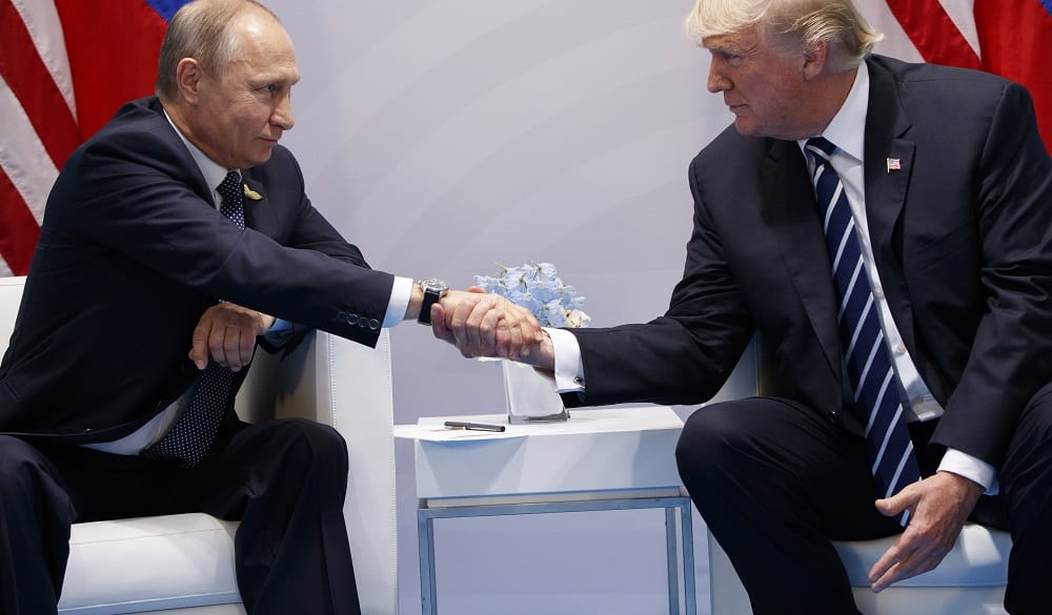
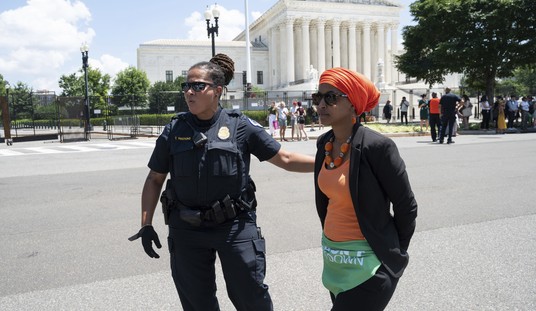
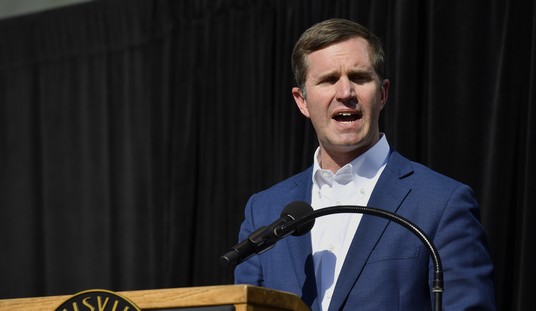




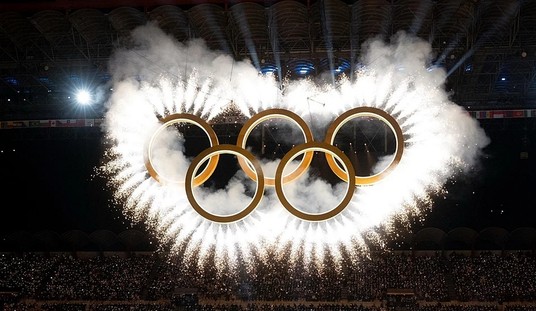





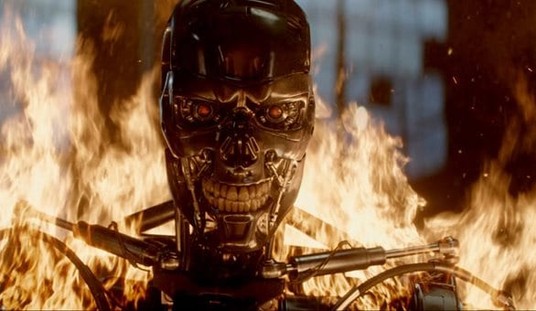
Join the conversation as a VIP Member